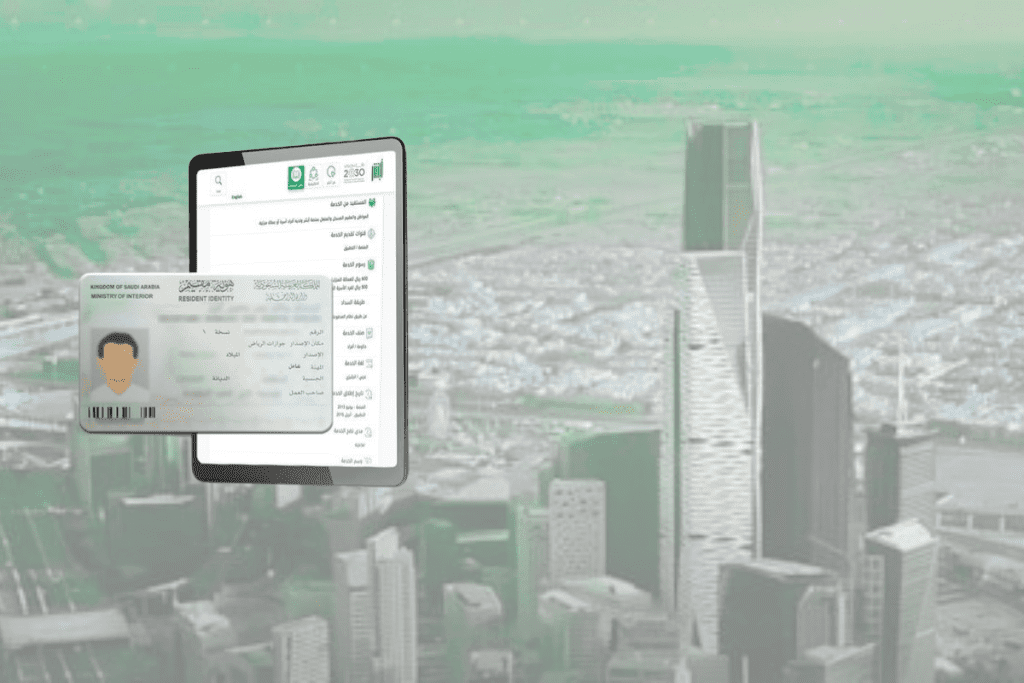- info@northmansterling.com
5 Crucial Insights to Secure Your British Citizenship in 2024

Gaining British citizenship is a life-changing step that offers numerous benefits, including the right to live and work in the UK without restrictions, the ability to vote, and the eligibility to apply for a British passport. However, before you apply for naturalization, there are several crucial aspects to understand to ensure a smooth process.
In 2024, you need to be aware of a few updates to the application process, eligibility requirements, and fees. Here are five key things you must know before applying for British citizenship this year.
1. Ensure You Meet the Residency Requirements
Residency is one of the most critical aspects of applying for British citizenship through naturalization. In 2024, the basic residency requirements remain the same but with stricter enforcement of absences from the UK:
-
Five Years of Continuous Residency
Applicants must have lived in the UK for at least five continuous years before applying. This period is reduced to three years for those married to or in a civil partnership with a British citizen. -
Absence Limits
During the qualifying period, applicants should not have spent more than 450 days outside the UK over five years or 270 days over three years if applying based on marriage. Additionally, no more than 90 days should have been spent outside the UK in the last 12 months.
Maintaining a detailed record of absences is crucial to avoid rejection due to exceeding the permitted time outside the UK. Applications may be denied if these limits are exceeded unless there are exceptional circumstances.
2. Indefinite Leave to Remain (ILR) or Settled Status Is Required
Before applying for British citizenship, holding either Indefinite Leave to Remain (ILR) or EU Settled Status is necessary. ILR grants the right to live and work in the UK indefinitely, but it must have been held for at least 12 months before applying for citizenship (unless married to a British citizen).
For EU, EEA, or Swiss nationals, holding Settled Status under the EU Settlement Scheme for 12 months qualifies for naturalization.
Pro Tip: Ensure ILR or Settled Status remains active, as prolonged absences from the UK can invalidate the status, which is important to consider for frequent travelers.
3. Language and Life in the UK Test Requirements
To qualify for British citizenship, applicants must demonstrate sufficient knowledge of English and an understanding of life in the UK. Two mandatory tests must be passed:
-
English Language Requirement
Applicants need to prove proficiency in English, Welsh, or Scottish Gaelic. This can be done by passing an approved English language test (at B1 level or higher) or providing proof of a degree taught in English. Exemptions apply to those over 65 or with certain medical conditions. -
Life in the UK Test
This test assesses knowledge of British traditions, laws, history, and customs. It is a multiple-choice test, with a required passing score of at least 75%. The fee for the test remains £50 in 2024. Thorough preparation for both tests is essential to avoid delays or additional costs from retaking them.
4. The Naturalization Process Takes Time
The naturalization process is not immediate and requires patience. In 2024, the Home Office advises that the average processing time is around six months. While some applications may be processed faster, delays are common, particularly if additional documentation is needed or if the application is complex.
An overview of the naturalization process includes:
-
Eligibility Check
Confirm all requirements are met before submitting the application. -
Online Application Submission
Submit the application through the UK government portal and pay associated fees. -
Biometric Appointment
Provide biometric data (fingerprints and photo) at an approved center, typically within two weeks of submission. -
Application Review
The Home Office reviews the application and may request additional documents or information. -
Citizenship Ceremony
Upon approval, applicants are invited to attend a citizenship ceremony to officially become British citizens.
5. Good Character Requirement
In addition to residency, language, and knowledge tests, applicants must demonstrate “good character.” This means having a clean criminal record, no history of immigration offenses, and solid financial standing, including no unpaid taxes.
The Home Office checks for any criminal convictions, recent or serious, that may result in the refusal of the application. Ensuring all tax obligations are met is crucial, as unpaid taxes can result in denial under the good character requirement.
Pro Tip: Avoid legal issues or unpaid taxes during the naturalization process, as these can significantly impact the success of the application.
Why Choose Northman & Sterling for a British Citizenship Application?
Applying for British citizenship can be complex and time-consuming, but Northman & Sterling ensures the process is handled smoothly. From initial eligibility checks to document preparation and avoiding common pitfalls, the journey to British citizenship is simplified.
The team stays up to date with the latest changes in immigration law, ensuring all applications meet the 2024 standards. Contact Northman & Sterling for a consultation to ease the citizenship journey.










